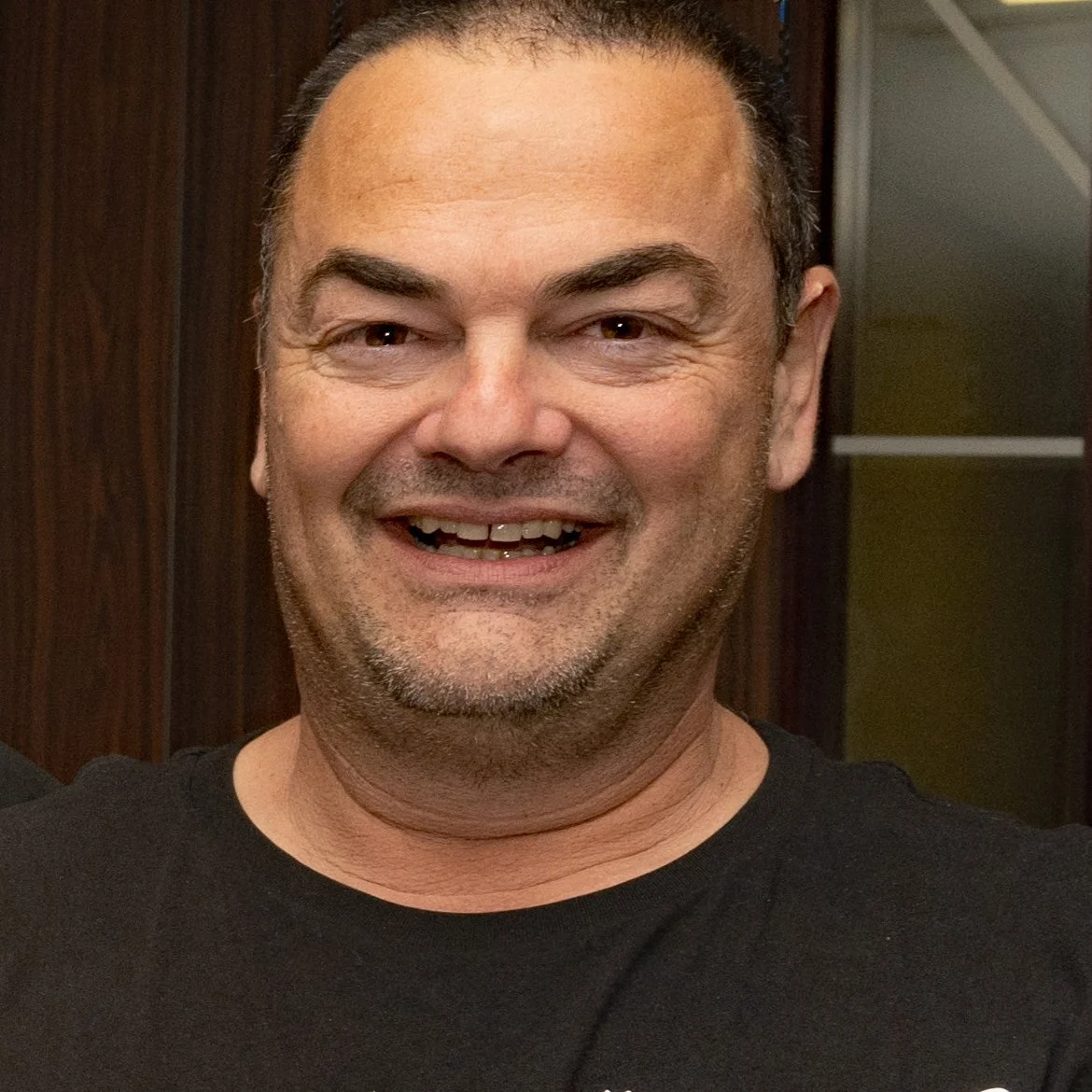Workload Agreement: the Yes vote convert
A month ago, IEU Rep Con Chrys wasn’t convinced about the Victorian Catholic Agreement. He admits that he “gave a burst” to General Secretary David Brear and to his Organiser.
But, after a closer look at the proposed changes, he’s now a strong supporter of the Agreement.
Agreement convert Con Chrys.
“I’ve been converted from being someone who was very negative towards this Agreement to saying there will be challenges in implementation, but it does actually put us in a much better position.
“It’s probably taken me until sometime last month before I finally understood that we’re now regulating time, we’re putting up fences, it’s not willy-nilly anymore.
“When I started looking at all the things I have to do in my day, the simple fact is, things have to start dropping off.”
Con, Rep at Notre Dame College in Shepparton, was speaking after attending IEU Council, where Reps from across the state talked through the critical importance of this Agreement, set to be voted on June 20 and 21.
Con says the Consultative Council at his school used buckets and balls to visualise how the 30 + 8 model will work.
“We started naming the balls and placing them in buckets… When you start to look at your work, all those little minor inconsequential things that we’ve always done add up. And you start realising that one of those things takes five minutes out of my day, this other thing takes three minutes out of my day…
“Once you start breaking it down, you look at the Agreement and realise ‘maybe I’m doing too much and I’ve got to stop’.
“Regulating back to that 38 hours, having those hard boundaries, gives me the ability to push back to my school and say ‘sorry I’ve done as much as I can do this week’.”
Con’s partner is a teacher in a state school. He’s noticed the difference since her workplace became governed by a model similar to the 30 + 8 model.
“I have seen a change… my partner is bringing less work home. She’s extremely efficient during the day. Because she’s very efficient in the way that she works at school it means she’s bringing a lot less work home, a lot less.”
Con says the strengthening of measures around Consultative Committees are very important to making the new arrangements work. The meetings at Notre Dame are friendly, but he says they may need to “tighten up” to depend more on voting.
“We’re going to start that process of learning that yes we can start pushing back…”
If school leadership does not follow a position voted in at a Consultative Committee meeting, it must write to every staff member explaining why. There is also a formal dispute resolution process. And if that fails, a hearing at the Fair Work Commission can settle the matter.
Con says those measures are necessary to ensure the benefits of the Agreement flow to staff.
“We’re very strong on teachers being held accountable, well let’s hold our employers accountable as well for conditions and what happens in the school.”
At IEU Council, IEUVT General secretary David Brear said the workload measures negotiated in the proposed Agreement were a “massive change”.
“We’ve never tried to regulate working hours before. It’s the first time we’ve had proper regulation of teacher’s time. Despite challenges we’ll face in implementation, we had to go down this track to fix teacher workloads.”
Deputy General Secretary Kylie said the Agreement is “historic” and represents the first time teacher workloads will have “firm limits”.
“The move to having a fence around workload is so significant. The 30+8 model and time in lieu provisions will take time to bed down in schools, they are a major cultural change, but there’s no doubt these changes are a giant leap forward.
“We should really celebrate the hard work that has led to these changes. We’re really proud to recommend a Yes vote to you.”

